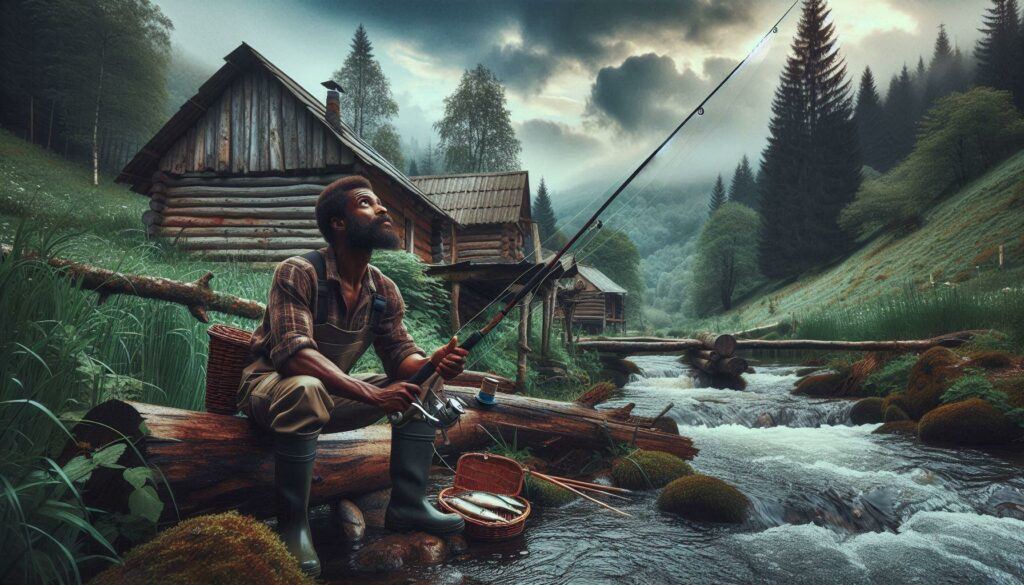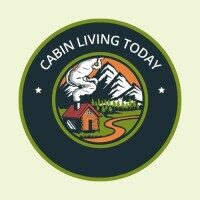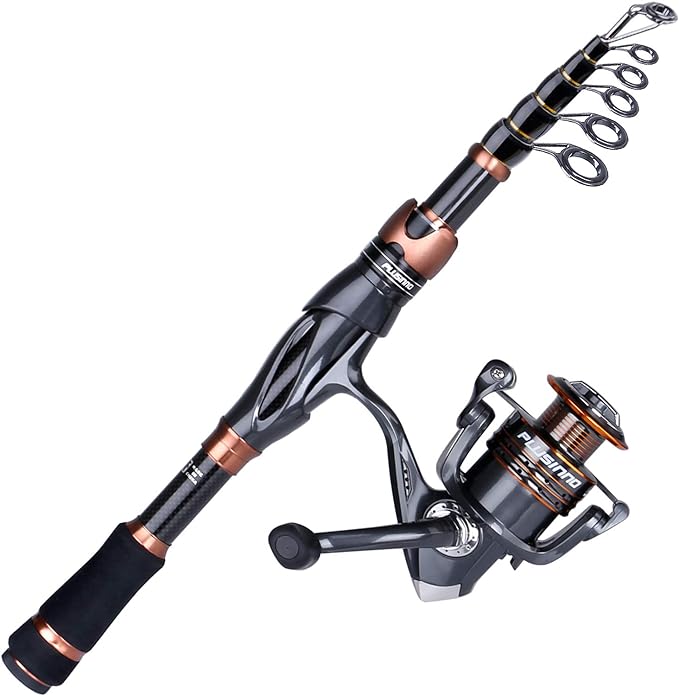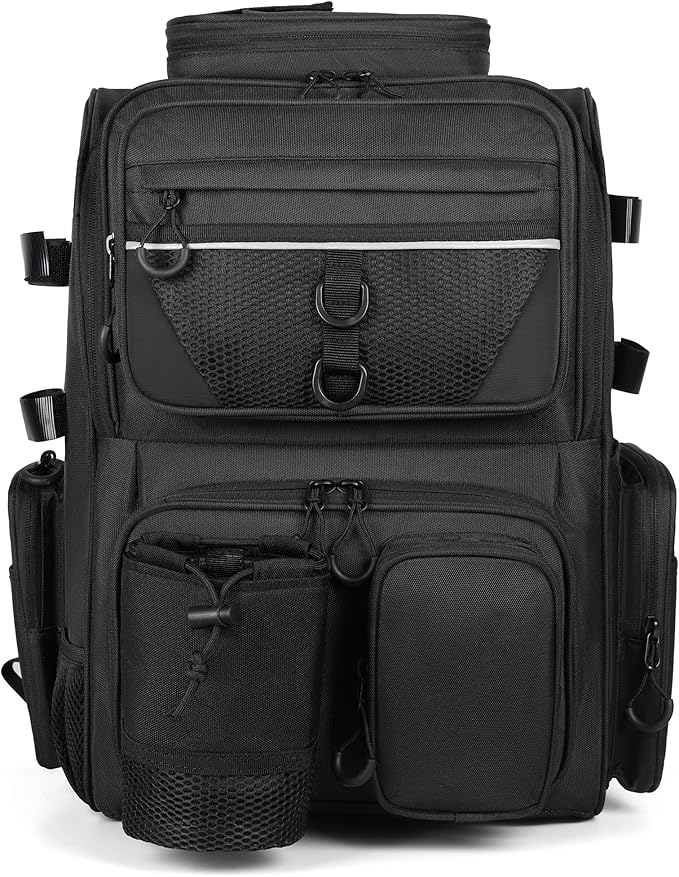Going off the grid is all about breaking away from the usual hustle and finding your own way to live more naturally. When it comes to fishing, it means relying on yourself and maybe even waving goodbye to modern conveniences. It’s like stepping back to a simpler time when fishing wasn’t just a weekend hobby but a vital skill.
Before modern civilizations, communities thrived on what they could catch. Fishing wasn’t just a pastime; it was a skill that meant survival. Learning to fish off the grid connects us to those roots, reminding us of a resourcefulness that’s pretty handy today.
You’ll also find that off the grid fishing is inherently sustainable. We’re talking about minimizing your carbon footprint, not relying on store-bought supplies, and ensuring you leave nature as pristine as you found it. It’s about being part of the ecosystem, not just a visitor.
Taking on the challenge of off the grid fishing isn’t just about not having electricity or using a fancy boat. It’s about embracing what’s available and making it work for you. Tapping into nature and finding ways to sustain yourself is a liberating and exhilarating experience.
Essential Gear and Techniques for Off the Grid Fishing
Fishing off the grid calls for some smart planning and knowing what works when you’re out there with just nature and your fishing pole. It’s about packing your gear in a way that’s efficient and practical, ensuring you have what you need without overloading yourself.
Think about your fishing rod. A telescopic or compact variant can be a game changer, letting you easily pack it in a backpack for impromptu trips. Don’t forget an assortment of hooks, weights, and lines. Different scenarios call for different setups, so having a variety on hand keeps you prepared for whatever the fish gods throw your way.
Improvisation is your secret weapon. You might unexpectedly find new uses for old gear or craft solutions on-the-fly if you find yourself short on supplies. Turns out, necessity is the mother of invention, especially when you’re striving for self-reliance.
This is one of the best backpacks I have seen for storing all your fishing gear and anything else you might need on your fishing expedition. Take a look by clicking on the image below:
When it comes to technique, knowing your environment intimately matters. Are you near a lake, river, or the sea? Each setting comes with its own set of tricks. For instance, in rivers, mastering the currents is key, directing the bait to mimic natural movements that lure fish in. In lakes or seas, knowledge of depth plays a big role.
Developing a set of traditional techniques such as hand line fishing or even simple spear fishing skills doesn’t just connect you with ancient practices, it also makes you resourceful and flexible when modern solutions won’t cut it.
Navigating Legal and Ethical Considerations
Fishing off the grid might sound like you’re throwing caution to the wind, but there’s a roadmap of rules and ethics that should guide your adventure to ensure it’s legit and respectful. Knowing and following local fishing regulations is your first step in the right direction. These rules vary by region and are pretty crucial if you’re keen on keeping things above board.
Getting the needed permits is part of the deal. You might think you’re far from civilization, but authorities still expect you to comply with laws protecting fish populations and ecosystems. It’s all about striking the right balance between self-sufficiency and preserving nature for the future. Trust me, getting caught without a permit isn’t the best way to enjoy your catch.
Then there’s the big picture – ethics. Practicing catch and release, especially for species that are endangered or not yet in abundance, is important. Catching your meal is great, but conservation should always be a priority. Releasing fish correctly ensures they have a good chance of survival, helping to maintain the balance of the aquatic ecosystem.
Respecting the environment around you speaks volumes about your character. Keep sites clean and avoid disrupting habitats. It’s not just about where you’re fishing, it’s about leaving territories undisturbed, ensuring that wildlife, both in the water and around it, thrive long after you’ve left. It’s like being a temporary guest in someone’s home, leaving no trace is just good manners.
Mastering the Art: Skills for Self-Reliant Fishing
Building the skills for off the grid fishing is as much about mindset as it is about technique. You gotta be ready to learn and adapt since nature doesn’t come with a manual. Start by tuning in to your environment, and let it teach you. Pay attention to details like water temperature, fish movements, and even insect activity, as these clues can lead to fruitful catches.
Skill sharpness matters. It could be the difference between going home empty-handed and landing a bounty that sustains you. Practice casting your line, being precise with lures or baits, and adjusting your methods till you hit that sweet spot. Each body of water has its quirks, and your adaptability can turn you into a fishing chameleon.

Weather is another teacher. Knowing how to read the sky and predict changes in weather is a life skill that speaks volumes when you’re out there. A sudden change in wind direction or cloud formation can tell you a lot about how the fish are biting and when to call it a session.
Experience is also about learning from those who’ve been there. Local wisdom can be a treasure trove of knowledge. Chatting up local anglers, exchanging stories, and absorbing the nuances they share can elevate your game. There are secrets that books can’t tell you, but human interactions are full of insights and winning techniques.
In your journey to self-reliant fishing, don’t just see it as a challenge. It’s an adventure where each hurdle overcome marks a skill honed. And before you know it, you’ll be crafting your own tales of going off the grid, equipped with stories and catches that speak to a journey well lived.







